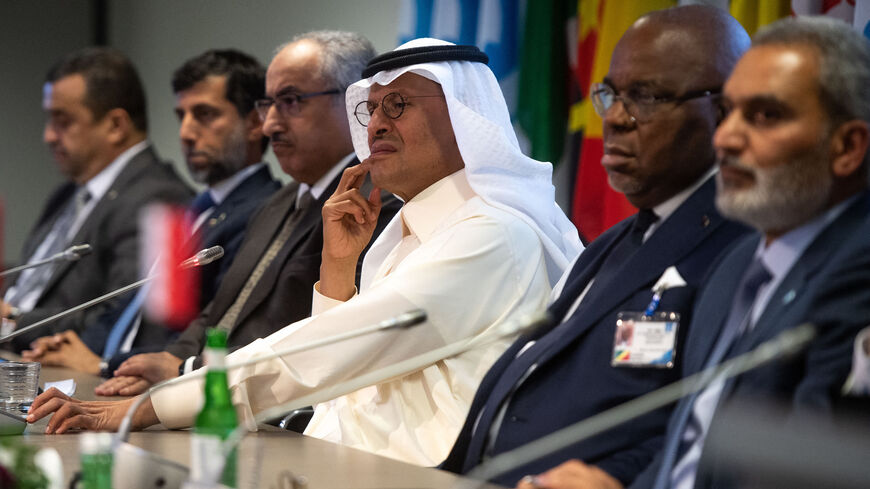Saudi Arabia will prolong its oil production cut by one month, the Saudi Press Agency (SPA) reported on Monday, citing an official source from the kingdom’s Ministry of Energy.
The cut of around 1 million barrels per day (bpd) was initially in effect until the end of July, but it has now been extended to August, the SPA reported, two days before a key OPEC event in Austria, which will see the attendance of energy ministers from the member states as well as industry CEOs.
The Saudi Ministry of Energy source said that the cut is in addition to the voluntary cut previously announced by Saudi Arabia in April, which extends until the end of December 2024.
The source said that the latest cut “comes to reinforce the precautionary efforts made by OPEC+ countries with the aim of supporting the stability and balance of oil markets.”
Russia also announced cuts on Monday. Deputy Prime Minister Alexander Novak said that it will reduce oil exports to 500,000 bpd in August, tightening global supplies.
Reuters reported that the two cuts amount to 1.5% of global supply and bring the total pledged by OPEC+ oil producers to 5.16 million bpd.
The price of crude jumped 2% in London. Late morning UK time, the price was $75.40 per barrel.
The cuts comes two days before the OPEC+ summit in Vienna. Several media outlets — including Al-Monitor, Bloomberg, Reuters and The Wall Street Journal — had their accreditation withdrawn from the event. No reason for the decision was given by the OPEC secretariat for barring journalists for the second time in a month.
Matthew Bey, senior global analyst at RANE Network, said last week that OPEC+ and Saudi Arabia’s attempts to prop up oil markets will face challenges in the short term.
“Oil markets’ unresponsiveness to Saudi Arabia’s voluntary production cut announced in June and last year’s OPEC+ production cut demonstrates how market conditions are currently being affected by other factors and are likely to do so over the rest of the year,” he told Al-Monitor.
The global economic slowdown and Western central bank policies are the two of the main factors to watch for, Bey added.
Energy organizations also seem to be conflicted about the rising demand for oil. The International Energy Agency expects global oil demand to peak at the end of the decade, while OPEC predicts demand will increase 23% between now and 2045.








